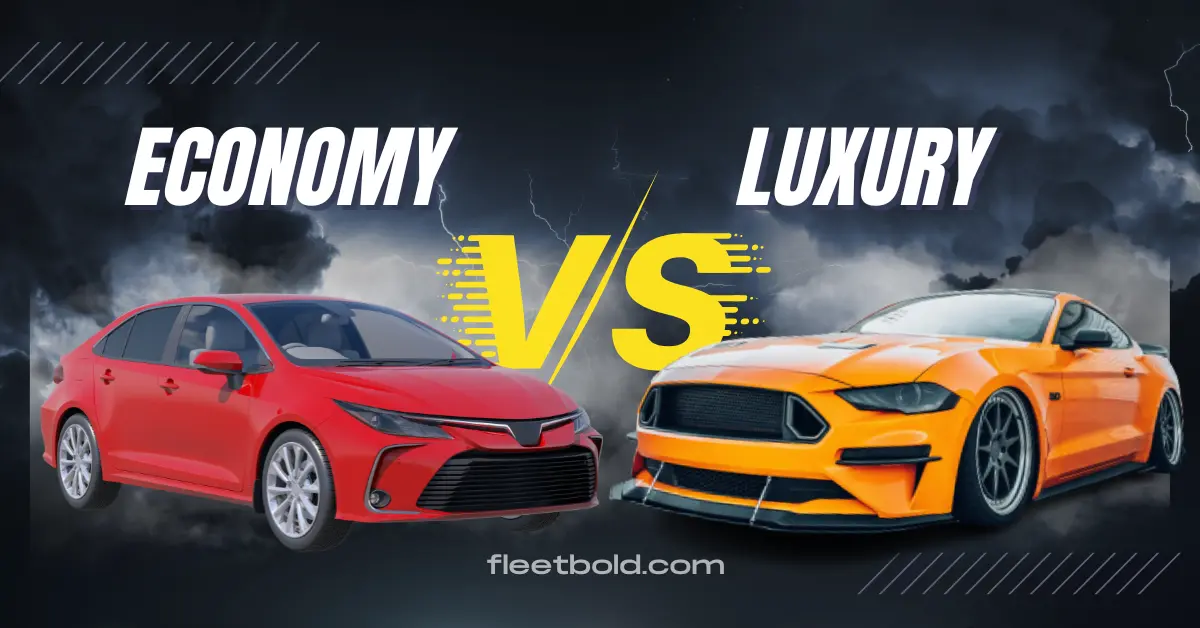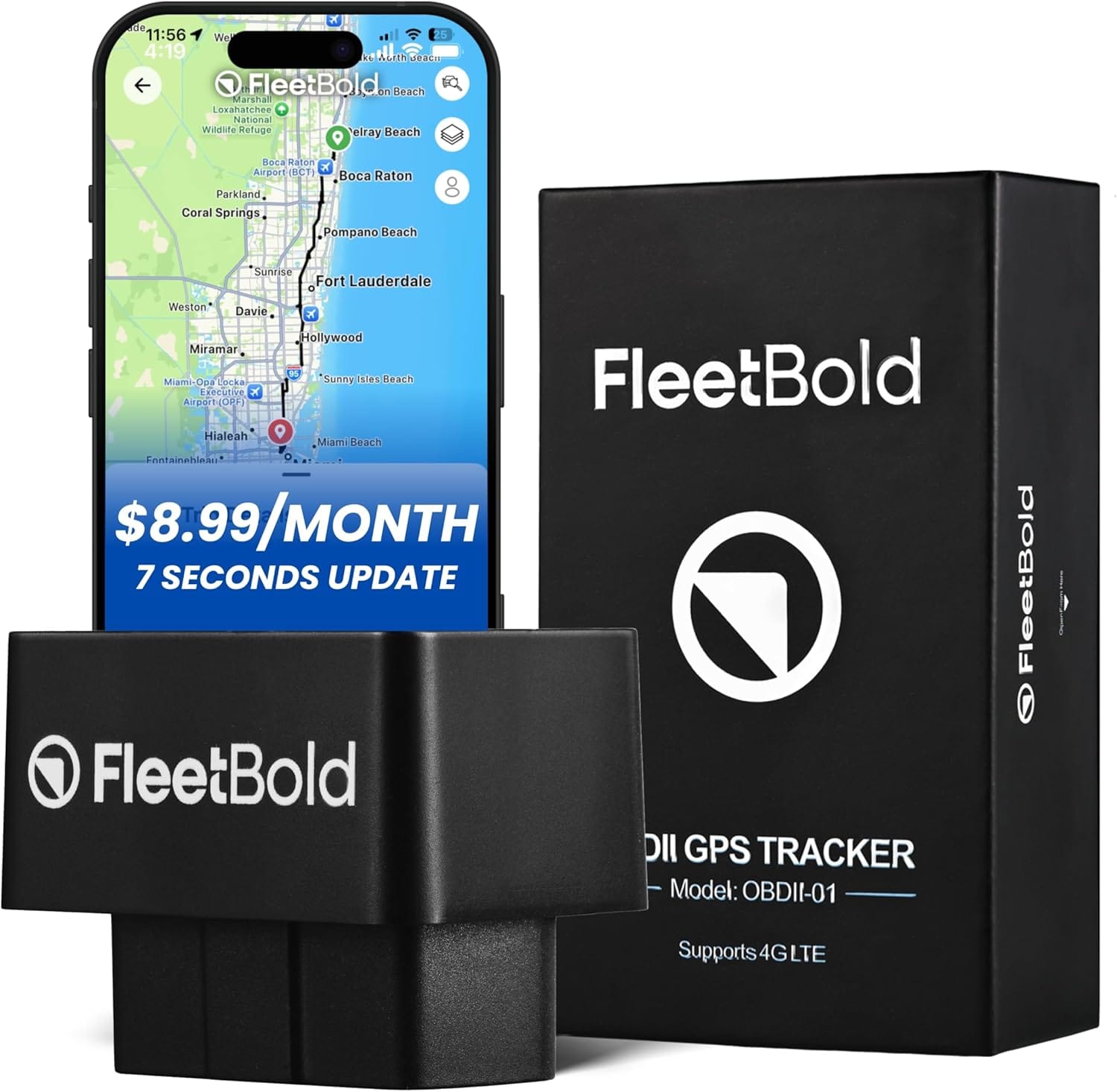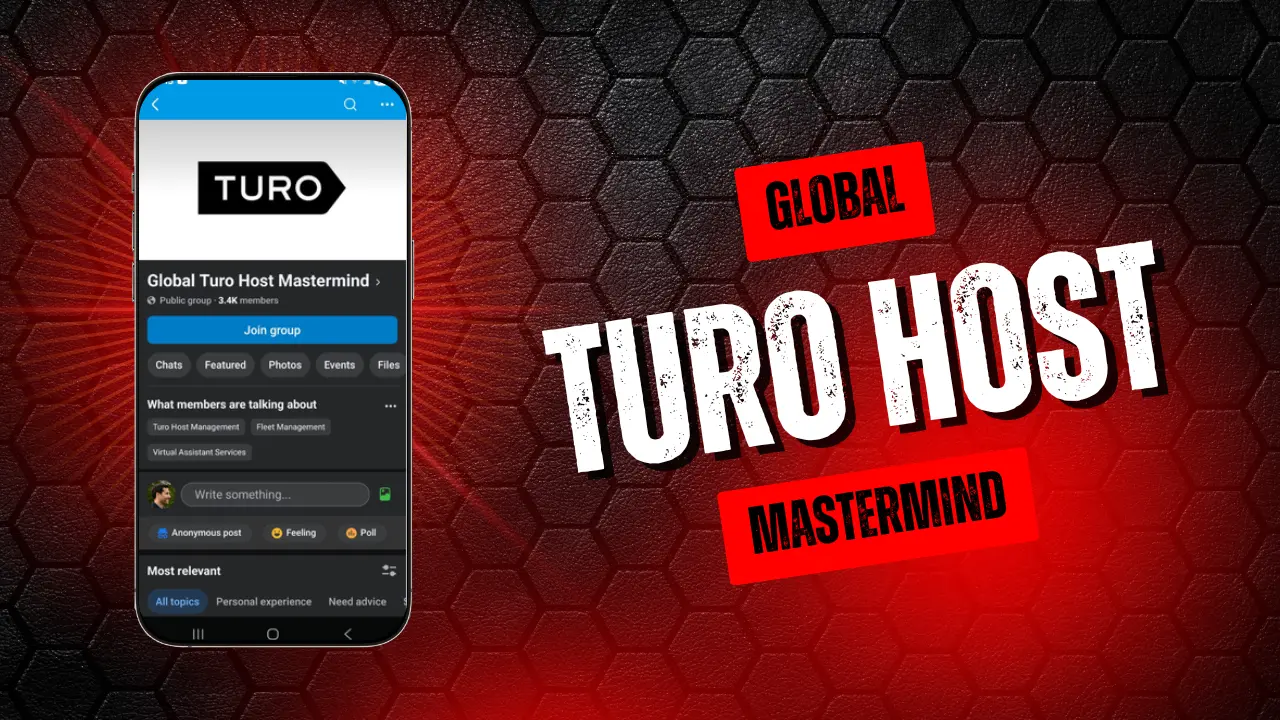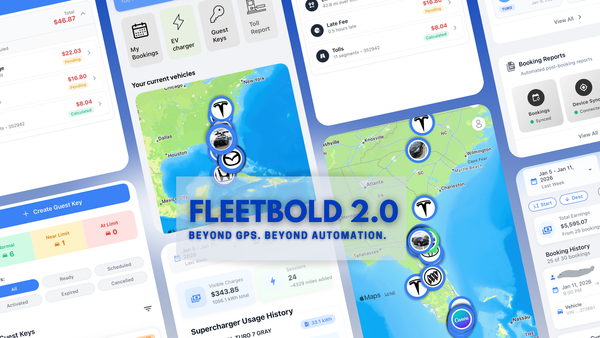Luxury vs Economic Cars: Which Makes More Profit in the Car Rental Business?
An economic car may seem like the obvious choice for a rental fleet. But when parking space, time, and staff are limited, a luxury vehicle can generate three to eight times more revenue with the exact same effort.

The Common Assumption in Car Rental Business
For many new Turo Hosts or independent operators, the instinct is simple: stock up on economic vehicles. They are cheaper to buy, cheaper to insure, and always in demand. On the surface, that logic makes sense. But when you factor in the realities of the car rental business limited parking, limited staff, and the need to maximize return per unit the equation shifts.
Every car you own consumes the same resources: one parking spot, one employee to clean and prep it, one set of guest messages. Yet the earning power of each category is wildly different. A single luxury car can generate the revenue of multiple economy cars while demanding no extra effort. That realization forces a deeper look at whether economic vehicles are truly the “safe” bet they appear to be.
Financing and Acquisition Costs
At first glance, the price difference feels like the deciding factor. An economy car might cost $20,000 while a luxury vehicle could run $50,000 or more. But acquisition isn’t the full story financing terms and monthly utilization change the math dramatically.
For example, an economy car financed at $400 a month may earn $1,800 in revenue. A luxury car financed at $900 a month may earn $4,500. In both cases, the loan payment is covered, but the luxury vehicle produces more profit beyond that point. Over a three-year financing horizon, the return on investment is often faster with luxury vehicles.
There is also the matter of residual value. At the end of a vehicle’s service life, an economy car often sells for pennies on the dollar. A luxury car, especially models like Tesla or BMW, retains more value on resale. This means hosts recover a larger portion of their capital when rotating inventory.
Insurance and Risk Management
Insurance costs are higher for luxury cars, sometimes significantly so. But higher premiums don’t automatically mean higher risk. In fact, guest behavior differs between categories.
Guests renting economy cars are usually cost-conscious travelers. They tend to return vehicles dirtier, ignore fuel policies, and take shorter, more stressful trips in city traffic. Luxury renters, by contrast, often treat the car as an experience. They drive more carefully, book for longer periods, and return the vehicle in better condition.
Fleet managers have observed fewer smoking incidents, fewer small damages, and longer trip durations with luxury rentals. The costs of insurance may be higher, but the operational risk profile is not always worse. Combined with GPS devices and FleetBold’s real-time alerts, risks become measurable and manageable, making insurers more confident in offering competitive rates.
Utilization Patterns
Another key difference is utilization. Economy cars are booked frequently but often for one or two days at a time. That means more guest turnover, more check-ins and check-outs, and more cleanings per month. Luxury cars, however, tend to attract longer bookings: weekend trips, business travel, or special occasions like weddings and anniversaries.
A three-day luxury rental can generate the same income as six to eight days of economy rentals, but with only one cleaning and one guest interaction. This efficiency reduces operational workload while increasing income per trip.
For hosts managing fleets alone or with minimal staff, this distinction is critical. The fewer handovers you manage, the more scalable your business becomes.
Operational Efficiency
When analyzing true profit, many hosts overlook the operational cost of their own time. Managing ten economy cars may mean dozens of guest messages per week, frequent cleanings, and constant scheduling stress. By contrast, three or four luxury cars can generate equal or higher revenue with far fewer handovers.
This efficiency matters because burnout is a real threat in peer-to-peer car sharing. Many hosts who scale with economy cars discover that the stress of constant turnover outweighs the revenue. Shifting to premium vehicles allows them to scale income while preserving time and energy.
Guest Psychology and Market Behavior
The psychology of guests plays a large role in profitability. Budget renters shop on price. If they see a cheaper listing, they may cancel. They are also more likely to scrutinize small scratches or cleanliness issues, leading to disputes and complaints.
Luxury renters, however, are motivated by experience. They want the thrill of a Tesla, the prestige of a BMW, or the comfort of a Mercedes. They are less likely to cancel, more likely to extend their trip, and more willing to pay extra for peace of mind. That behavior creates a more predictable income stream for hosts.
Luxury bookings are also tied to milestones vacations, anniversaries, corporate events. These renters have stronger emotional investment in the booking, making cancellations far less likely. For hosts, that translates into higher reliability and steadier revenue.
Geographic Advantage
Location also plays a role. In dense urban markets with scarce parking, luxury vehicles provide far greater returns per square foot of space. In suburban or rural areas, economic cars may retain higher utilization due to demand for affordability.
But even in smaller markets, luxury cars often carve out a premium niche. A Tesla in a mid-sized city, for example, can attract both local professionals and travelers seeking a unique experience. The relative scarcity of luxury listings increases pricing power and occupancy.
Technology as a Profit Multiplier
The true risk of luxury rentals lies in lost control. A $150-per-day booking is too valuable to lose to a late return or miscommunication. This is where FleetBold and GPS devices deliver leverage.
With direct Tesla API integration and compatibility with OBD or hardwired GPS devices, FleetBold provides real-time insight into every trip. More importantly, its Late Return alerts give hosts two layers of protection: reactive alerts when a guest is overdue, and proactive alerts when it’s clear they won’t make it back on time.
This proactive system allows hosts to offer extensions or arrange swaps before frustration escalates. For economic vehicles, this minimizes revenue leaks. For luxury cars, it protects high-value bookings that drive profitability. In both cases, technology ensures your vehicles are revenue assets, not liabilities.
Resale and Exit Strategy
Every car eventually leaves the fleet. How much value you recover depends heavily on the category. Economy cars depreciate quickly, especially after heavy usage and multiple renters. At the end of service, they may retain less than 20% of their original value.
Luxury vehicles hold stronger resale value. Teslas, BMWs, and Mercedes models often retain 40–50% of value after three years if well maintained. That difference in exit strategy matters. Even if the initial acquisition cost is higher, the ability to recover capital at resale tilts profitability toward luxury.

GPS Tracker for Vehicles OBD2 4G Real-Time Tracking
For Vehicles, Cars, Sedan, Trucks, Turo Hosts, Car Rentals & Fleet Operators, Plug&Play, Geo-Fence, Trip History, Smart Alerts. Global Coverage
Numerical Profit Model: 12-Month Example
Let’s compare two vehicles with the same 80% utilization rate (about 24 days rented per month).
- Economy Vehicle
Daily rate: $60
Monthly gross: $1,440
Monthly costs (insurance, maintenance): $250
Net monthly: $1,190
Net annual: $14,280 - Luxury Vehicle
Daily rate: $150
Monthly gross: $3,600
Monthly costs (insurance, maintenance): $500
Net monthly: $3,100
Net annual: $37,200
The luxury car earns 2.6 times the net annual profit of the economy car all while occupying the same space, requiring the same staff, and consuming the same operational energy.
Conclusion
The numbers speak clearly. In the car rental business, economic cars may feel safer, but they often deliver less profit relative to the effort required. A single luxury vehicle can generate the income of multiple economy cars without multiplying operational costs.
When parking and staff are limited, this efficiency is crucial. With smart technology like FleetBold and integrated GPS devices, hosts can protect high-value bookings, prevent cancellations, and maximize utilization.
For Turo Hosts and independent operators, the question is no longer whether you can afford to buy a luxury car. It’s whether you can afford not to.
FAQ
Are luxury cars always more profitable?
Not in every case. Market demand, location, and insurance costs matter. But when resources like parking and staff are limited, luxury cars consistently outperform economy vehicles in profit per unit.
What are the risks of renting luxury cars?
Higher insurance premiums, higher repair costs, and stricter guest expectations. These risks can be managed with GPS tracking and FleetBold’s proactive alert system.
Do economic cars still matter?
Yes. They provide steady demand for budget travelers. But to equal the revenue of one luxury car, you may need three or more economy vehicles.
How does FleetBold help luxury rentals?
FleetBold provides Tesla integration without hardware, compatibility with OBD and hardwired GPS devices, and dual alerts for late returns protecting both revenue and guest satisfaction.






